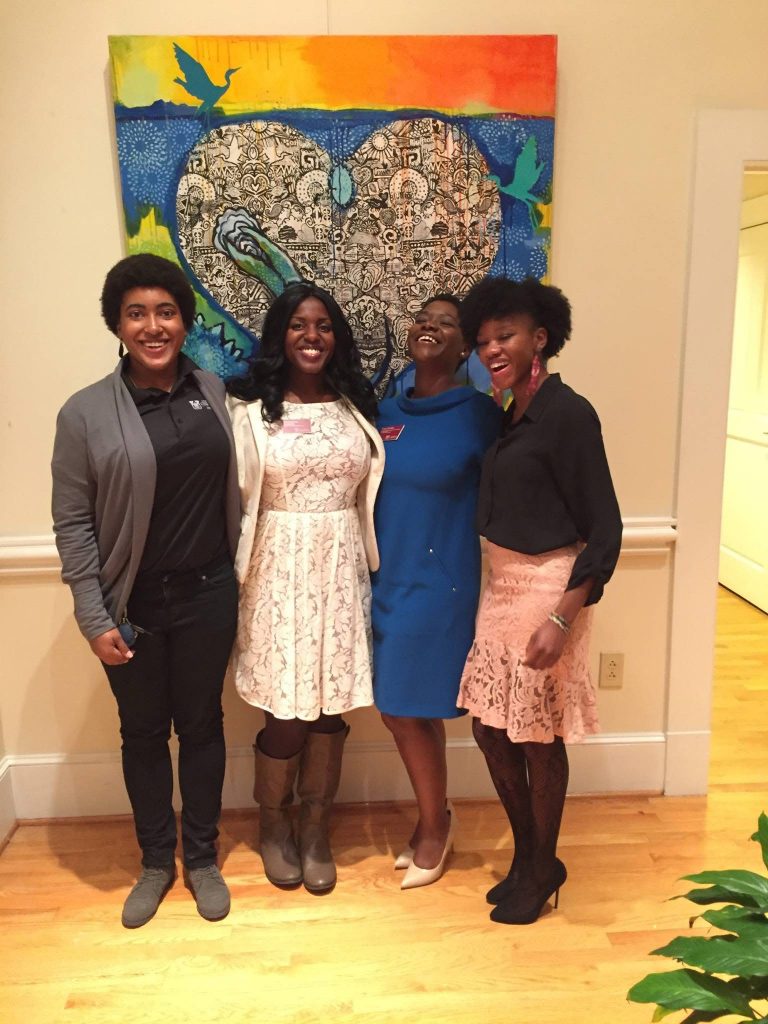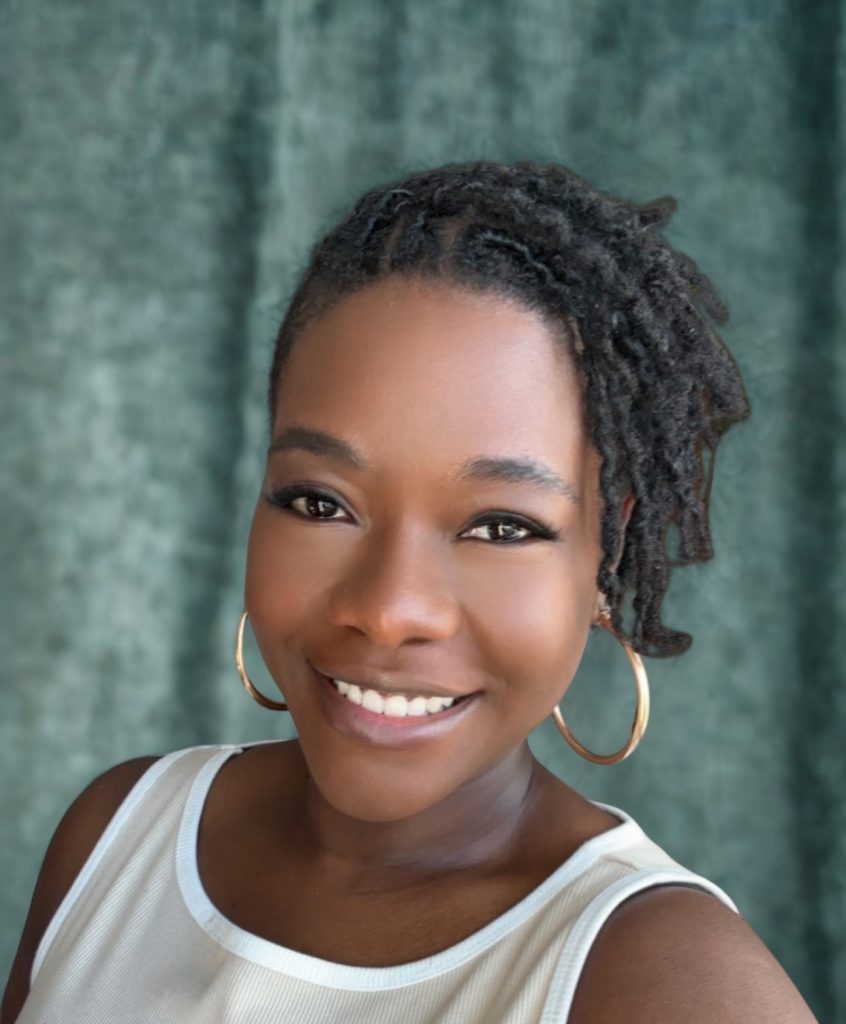» Unveiling the Legacy of Avery: Ciera Gordon
This is a part of an ongoing series featuring the reflections of past Avery Research Center employees, interns, and undergraduate and graduate students.
Avery holds a special place in my heart. During my time at Avery, I developed lifelong friendships, a greater understanding of my culture and history, and a deeper passion for public historical spaces. I came to the College of Charleston with a desire to work in public history. At the time, I had a very limited view of what that looked like. Avery expanded my perspective on how public historical institutions can serve as both spaces of memory and community building.
I joined the Avery staff as a graduate assistant in 2015. The Executive Director at that time was Dr. Patricia Lessane. The first thing I immediately saw was how close-knit the staff was and how diverse they were in personality. I knew that I would never be bored or feel like I had to fight for acceptance. It was a true family atmosphere, and I was welcomed with open arms. On my first day, I remember meeting a young guy who spoke in rap lyrics and carried himself with that hint of superiority that is common among a Morehouse man, lol. Daron Calhoun and I vibe instantly, and he became a great friend and mentor as I navigated the sometimes rough waters of graduate school. I would often sit in the office of Mary Battle or hang around the desk of Savannah Frierson for deep discussion or exchange gossip of the day. Dr. Lessane served as a prime example of a strong black woman making her way in higher education. It is no surprise that she is now a VP at one of the top HBCUs in the nation. Georgette Mayo was my go-to whenever I had a question about the archival process and the best ways to truly preserve the precious artifacts at the Avery. Avery allowed me to meet so many Black giants of the historical past and the current movers and shakers of the Charleston area. Having the chance to get to know people like Millicent Brown and Julie Dash remains one of the highlights of my life.
My time at Avery strengthened my desire to share the amazing history of African Americans and the diaspora with my community. It was my place for escape and belonging. It was my backbone when I challenged the status quo, demanding that the graduate school seriously consider the experience of minorities at The College and do better. I cherish every minute of every moment that I worked there. Congratulations, Avery Research Center, on 40 years of existence. Here’s to another forty more and your continued impact on South Carolina, the country, and the world!


